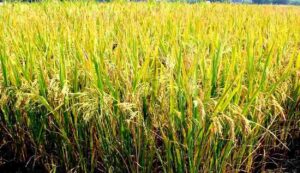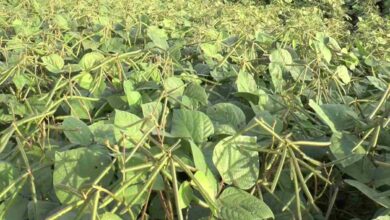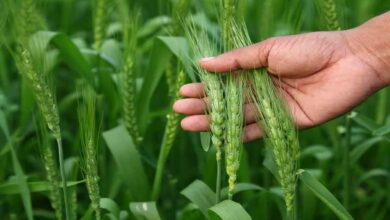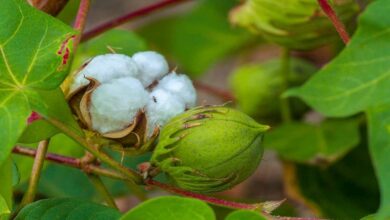Basmati Rice Cultivation: This disease destroys the Basmati rice crop, take these measures to prevent it
Basmati Rice Cultivation: The district has a significant amount of basmati rice cultivation. The farmers here claim that growing Basmati rice may be profitable, but they are always plagued by the worry of losing their crop to bugs and other illnesses that strike after it has been sown. They may have to deal with significant losses if they make even a little error unintentionally, but farmers also think that these harmful bugs may be prevented if certain preventative measures are done beforehand. In order to address this issue, we spoke with agricultural specialists, who offered various solutions that would help farmers maintain the safety of their crops.

The crop is destroyed by these diseases
According to Ravikant Pandey, a West Champaran district agricultural specialist who has spent the past ten years researching and developing crops, the stem borer insect damages Basmati rice plants by boring holes in their stems after they are sown. In addition, the gandy bug insect harms the plants’ seeds and blossoms, which may limit the production. In addition, the leaf-wrapping insect wraps the leaves and eats away at the chlorophyll, which prevents the plant from growing. He claims that both the farmer and the crop may be protected from harm if steps are made to control them.
Steps to avoid illnesses and pests
According to Ravikant, neem oil works wonders as a natural pesticide to keep insects away from plants. One weekly application of 5% neem oil repels pests such as gandhi bugs and stem borer.
Pheromone traps
By attracting and trapping male insects, this natural technique helps manage their population. It works particularly well against leaf rollers and stem borers.
Grass Mulching
Spread a covering of grass over the crops to cover them. In addition to preventing insects from entering, this shields the roots.
Using broad-leaved crops as intercropping
Insect attacks are lessened when other broad-leaved crops, such as moong, urad, etc., are planted in between the Basmati rice crop. By doing this, the crop is protected, and the insects are diverted.
Organic, natural insecticides
Make use of natural insecticides such as vermiwash or cow dung solution. These don’t damage the crop and keep pests away.
The best time to spray
Agricultural experts advise applying pesticides between the conclusion of the monsoon and the start of the fall since insects often target crops after the monsoon. By doing this, the insects are killed before they can harm the crop.





